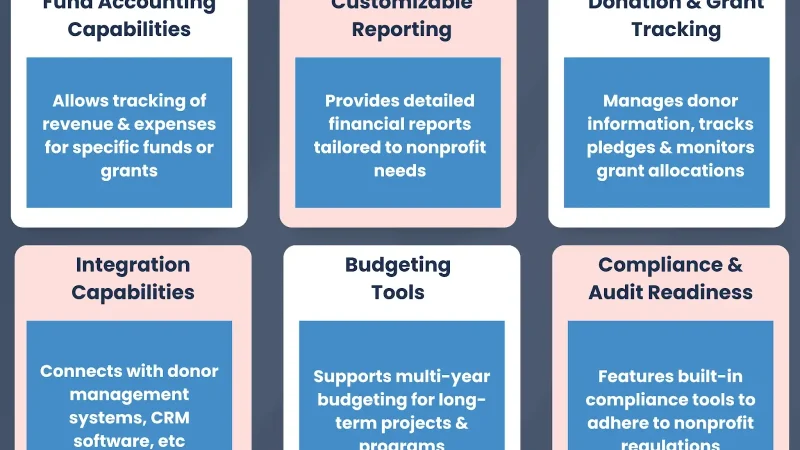Cryptocurrency Tax Compliance Challenges and Solutions
Let’s be honest—crypto taxes can feel like navigating a maze blindfolded. Between tracking transactions, understanding regulations, and avoiding audits, it’s enough to make even seasoned investors sweat. But here’s the deal: with the right approach, you can stay compliant without losing your sanity.
Why Crypto Taxes Are So Tricky
Cryptocurrency isn’t just digital money—it’s a whole new asset class with rules that evolve faster than memecoins. Here’s where things get messy:
- Decentralization: No central authority means no standardized reporting. Every exchange handles things differently.
- Volatility: Wild price swings make calculating gains/losses a nightmare.
- Global transactions: Cross-border trades? Tax jurisdictions get blurry fast.
- New regulations: Governments are still playing catch-up, leaving gray areas.
And that’s just scratching the surface. Even something as simple as staking rewards or airdrops can trigger taxable events—whether you cashed out or not.
Top Compliance Challenges (And How to Tackle Them)
1. Tracking Every Transaction
Imagine trying to piece together a year’s worth of trades across 5 exchanges, 3 wallets, and DeFi protocols. Yeah, no thanks. The solution? Automation. Tools like Koinly or CoinTracker sync with your wallets and generate tax reports automatically. Saves hours—and sanity.
2. Classifying Crypto Correctly
Is that NFT a collectible or an investment? Is staking income ordinary or capital gains? Misclassification leads to audits. Pro tip: When in doubt, consult a crypto-savvy CPA. Worth every penny.
3. Handling DeFi and Yield Farming
Liquidity pools, flash loans, impermanent loss—DeFi turns taxes into a Rubik’s Cube. Some platforms (like TokenTax) specialize in decoding these. Otherwise, brace for spreadsheet hell.
4. Reporting Gifts and Lost Keys
Sent crypto to your cousin? That’s a taxable gift over $16k (in the U.S.). Lost access to a wallet? You still owe taxes if you disposed of it. Document everything.
Practical Solutions for Stress-Free Compliance
Here’s how to stay ahead:
- Use dedicated crypto tax software: Syncs exchanges, calculates gains, and generates IRS-ready forms.
- Keep separate wallets: One for trading, one for long-term holds. Simplifies tracking.
- Save transaction records: CSV files, screenshots, receipts—store them like precious memes.
- Set calendar reminders: Quarterly estimated taxes? Don’t wing it.
What the Future Holds
Regulators are tightening the screws—see the IRS’s 2024 crypto reporting rules. The silver lining? More clarity. Maybe. Until then, treat compliance like cold storage: secure, methodical, and non-negotiable.
At the end of the day, crypto taxes aren’t optional. But with the right tools and mindset, they don’t have to be a nightmare either.






